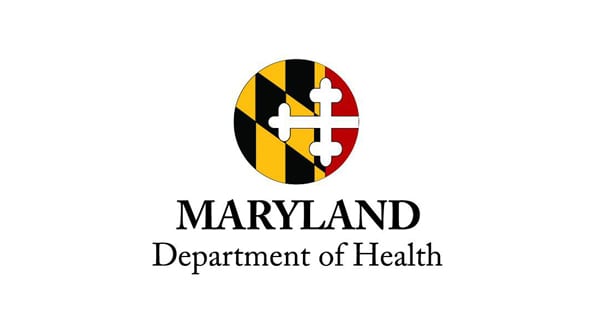Baltimore, MD—The Maryland Department of Health has been awarded a $250,000 grant from the Pfizer Foundation to address a steep decline in childhood vaccination rates statewide due to the COVID-19 pandemic. The grant will be used for communications, outreach and vaccination clinics in areas showing the most significant declines.
Childhood vaccinations across Maryland have fallen since the onset of COVID-19, mirroring a trend identified by the Centers of Disease Control and Prevention (CDC) nationwide. According to the MDH Immunization Information System, ImmuNet, the largest decrease in the number of vaccinations given to children 0-18 years of age was in April 2020 with a decrease of 46% when compared with April 2019. In June 2020, that percent decrease was reduced to 14% when compared with June 2019.
For childhood vaccines, the largest decreases were seen in the measles, mumps, and rubella (MMR) vaccine, with a decrease of 65% in April 2020 compared to April 2019. By June that decrease was reduced to 16% when compared to June 2019.
“Childhood vaccines are not optional – they are essential for keeping young people safe from infectious diseases. We urge all Marylanders to get their children vaccinated as soon as possible to reverse this dangerous trend,” said Governor Larry Hogan. “It is important that we protect our youngest and most vulnerable Marylanders against multiple diseases, not just COVID-19.”
“We continue to coordinate with community and health partners to make vaccinations easily available, but also safe for families during this pandemic,” said Secretary of Health Robert R. Neall. “MDH has worked closely with pediatricians and primary care providers across the state to ensure safety measures, such as social distancing, are firmly in place.”
MDH’s Prevention and Health Promotion Administration, which includes the state’s immunization program, is taking the lead in planning these efforts in consultation with the Office of Population Health Improvement, which includes the school health program.
“Although there was some improvement in June over previous months, there are still a large number of children and adolescents who did not receive important vaccinations earlier in the pandemic and are not up-to-date,” said Deputy Secretary of Health Fran Phillips. “If children missed vaccination appointments due to the pandemic, parents should contact their health care providers as soon as possible to get caught up.”
To increase access to underserved populations, MDH will coordinate with Federally Qualified Health Centers (FQHCs) and Local Health Departments (LHDs) to host vaccination clinics. Officials also are assessing the possibility of providing vaccination clinics via a mobile unit deployed into targeted communities. MDH is in the process of drafting the scope of work for these and other activities related to childhood vaccinations.


